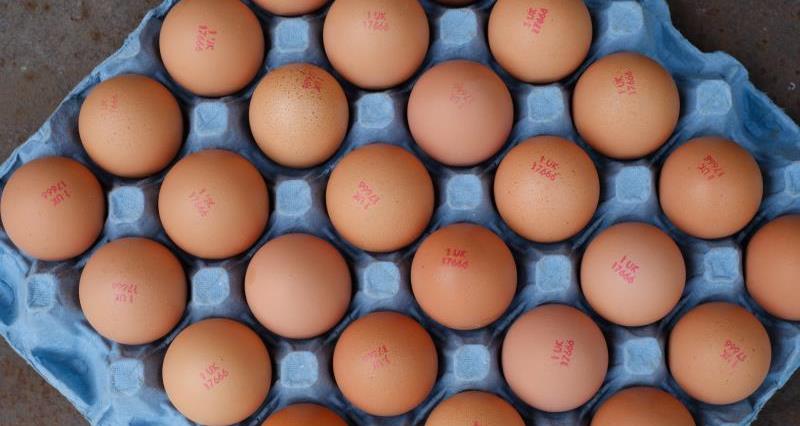An initial EU-wide standard from 2008 allowed egg producers to continue to market their products as free range even if their hens had no access to range for up to 12 weeks, but the 12-week derogation was considered too short in the face of the prolonged nature of the influenza outbreak in 2016.
With the likelihood of further prolonged outbreaks of avian influenza in the future, and following discussions with member state authorities and industry stakeholders, the decision was taken to extend the derogation period.
The new rules also clarify that this derogation applies at the level of flocks, rather than regions or farms. This allows farms having introduced new flocks during the restriction period to benefit from the full derogation; eggs from each individual flock on the same farm can be labelled as free range for the full 16-week period if open air access is restricted, regardless of when the farm came under the restrictions.
The NFU's chief poultry adviser Gary Ford said: "While this is short of what we were lobbying for, it is nonetheless a significant move forward and we welcome the greater flexibility. Through our Brussels and London offices, the NFU has lobbied the European Commission and Defra for a change in the rules in recognition that a 12-week period was too short."
There are currently around 390 million hens in the EU, of which around 54 million (14%) are kept in free range systems (14%).
In the UK, 53% of hens are free range.
In terms of flock size, the UK keeps the biggest share of the EU's population of free range hens (41%), followed by Germany (17%), France (16%) and the Netherlands (10%).
